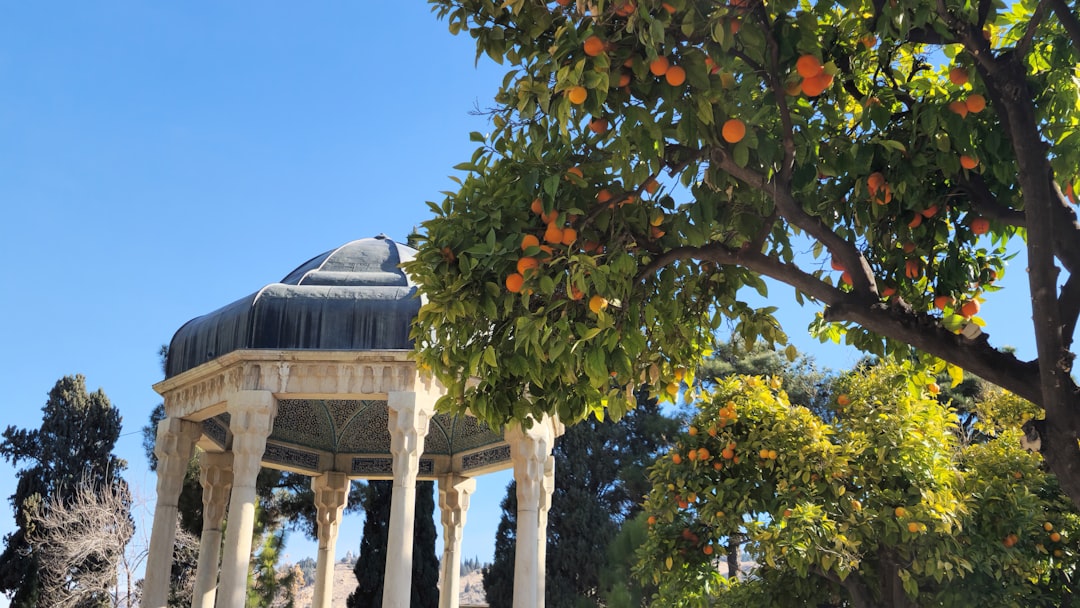If you’ve ever scrolled through social media, chances are you’ve come across a quote attributed to Rumi—something dreamy, deep, and spiritual, usually about love, the soul, or the universe. But Jalāl ad-Dīn Muhammad Rūmī is far more than a font of poetic one-liners. He was a 13th-century Persian mystic, theologian, and spiritual teacher whose work has shaped Sufi thought and captivated hearts for over 700 years.
In this post, we step beyond the Instagram quotes and explore the soul of the man whose poetry still pulses with life today.
Who Was Rumi?
Born in 1207 in Balkh (present-day Afghanistan), Rumi moved with his family to Konya (in modern-day Turkey) to escape the Mongol invasions. A brilliant scholar of Islamic law and theology, his life took a profound turn when he met Shams of Tabriz, a wandering dervish and mystic.
This encounter sparked a spiritual awakening so intense that it changed Rumi from a respected religious teacher into a whirling poet of divine love. After Shams’ mysterious disappearance, Rumi began pouring out his longing and devotion through verse, producing thousands of lines of poetry.
Rumi's Major Works
-
The Masnavi: Often called “the Qur’an in Persian,” this six-volume spiritual epic explores everything from divine love and metaphysics to everyday human struggles. It uses stories, parables, and metaphors to draw the reader toward spiritual insight.
-
Divan-e Shams-e Tabrizi (The Collected Poems of Shams): A collection of ecstatic, passionate poems addressed to Shams, God, the soul, and the mysteries of the universe. These ghazals are intense, lyrical, and deeply personal.
-
Fihi Ma Fihi: A collection of Rumi’s discourses—more direct, philosophical, and conversational than his poetry.
Central Themes in Rumi’s Teachings
1. Love as a Path to the Divine
For Rumi, love isn’t just romantic—it's a sacred force that connects all beings. He believed that everything in creation longs to return to its source, and that longing is what we call love.
“The moment I first heard love I gave up my soul, my heart, and my eyes.”
– Rumi
2. The Soul’s Journey
Rumi often described the soul as a traveler on a journey back to God. Through hardship, separation, and transformation, the soul moves closer to divine unity.
“You were born with wings. Why prefer to crawl through life?”
3. Inner Transformation
He taught that suffering, loss, and longing aren’t just painful—they are necessary catalysts for growth and spiritual awakening.
“Don’t get lost in your pain. Know that one day your pain will become your cure.”
4. Unity Beyond Religion
Though Rumi was a devout Muslim, his message transcends religious boundaries. He saw the divine in all paths of sincere devotion.
“I belong to no religion. My religion is love. Every heart is my temple.”
The Whirling Dervishes
One of Rumi’s most enduring legacies is the Mevlevi Sufi order, known for its practice of Sema—a ritual dance where dervishes whirl in circles to express spiritual ecstasy and union with God. This dance is a meditation in motion, symbolizing the turning of the universe and the soul's journey toward the divine light.
Why Rumi Still Resonates Today
Rumi’s poetry isn’t locked in time or place—it speaks to anyone searching for meaning, connection, and inner peace. In a world full of distraction and division, his words remind us to look inward, to live from the heart, and to trust in love as the most powerful force in the universe.
Even in translation, his language glows with passion and insight. But reading Rumi in his original Persian (Farsi) reveals even more layers of beauty, rhythm, and depth.
Final Thoughts
Rumi is more than a mystic poet. He’s a bridge—between cultures, faiths, and centuries. He speaks not to our minds but to our souls. So the next time you see one of his quotes online, take a moment to look deeper. Behind the words is a vast, whirling ocean of wisdom, yearning, and divine love.
“Stop acting so small. You are the universe in ecstatic motion.”
– Rumi
Whether you’re a seeker, a reader, or someone simply drawn to the mystery of the soul, Rumi offers more than poetry—he offers a path.





